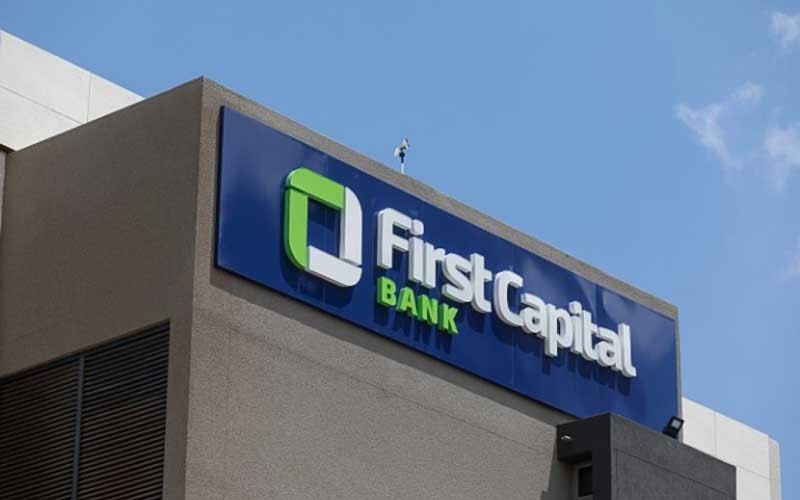
THE directors of First Capital Bank Limited (FCA), on March 17 2023, announced to the investing public that the board approved the delisting of the company from the Zimbabwe Stock Exchange (ZSE) for a subsequent listing on the United States dollar-denominated bourse, Victoria Falls Exchange. FCA becomes the first bank to list 100% of its shares on VFEX.
Following the collapse of SVB, the global banking sector has succumbed to a rampant bloodbath, which saw some banking stocks shedding off -50% in one day and some being suspended from stock markets.
Meanwhile, in Zimbabwe, the financials index on ZSE has garnered a nominal 24,5% year-to-date return, while FCA has gone up by 24,1%. Meanwhile, the mainstream ZSE All Share Index boasts of over 73% YTD nominal gains.
The overall financial sector and FCA are all performing below half the performance of the overall bourse. On the other hand, the trading currency, Zimbabwean dollars (ZW$), has shed off over -25% since the beginning of the year, which is above the YTD return of FCA and ZSE respectively. The overall ZSE, on the contrary, boasts of 22% USD-based YTD returns.
The inconsistent stance by the government on the currency debacle in the country has heavily weighed on confidence in the formal banking system.
A significant number of individuals and institutions in Zimbabwe lost a great deal of value a decade ago following a rapid change in the country’s official currency.
A decade later, while the victims were healing wounds, the government relaxed its policy on the exchange rate issue between the ZWL and foreign currency, which saw a repetition of history.
Since then, the government has gone back and forth on the currency issue, with the local currency depreciating on daily basis against the USD.
- Inaugural Zim investor indaba highlights
- Stop clinging to decaying state firms
- ZB explores options to tackle inflation
- Zim operations drive FMB Capital
Keep Reading
This stance has led to deposits reaching a record low, while some of the policies led to a plunge in loan books as well.
Consequently, banks in the country had to remodel operations and capitalise on other sources of income, which include service commissions.
However, this has not been sufficient in setting off the decline in deposits and loan books.
While other companies are currently focused on strengthening fundamentals post the Covid-19 and global supply chain disruptions, banks have not been able to follow pace due to the inconsistent government policies.
These developments have dragged the performance of ZSE listed banks as aforementioned.
Banks deal in highly liquid products, which are, therefore, highly susceptible to inflation and exchange rate fluctuations.
The projection of a sustained inconsistency from the government renders the ZSE highly volatile.
Given the susceptibility of the banking sector to policy changes, it is imperative to for-go the benefits of high market volatility as a bank and chase value preservation.
While the nominal growth of the overall banking sector on ZSE is at par with the currency depreciation, another bloodbath on the market would significantly squeeze listed banks to below-normal market capitalisation levels.
While the VFEX, on overall, has continued to suffer from liquidity constraints due to low foreign currency deposits in the formal channels, FCA’s shift to the VFEX offers the company a range of viable financial instruments, like bonds and other debt securities, which can be used to raise capital at lower interest rates than traditional bank loans due to the hard currency.
FCA’s migration will see the market capitalisation of VFEX surpassing 50% of ZSE, which in the long run with more listings on the bourse will benefit FCA on visibility.
The volatility of ZSE may highly likely lead to another crisis, will further trim its market size, while VFEX preserves its market value in a stable currency. In times like this, the VFEX will tend to gain more visibility as a larger bourse.
Duma is a financial analyst and accountant at Equity Axis, a leading media and financial research firm in Zimbabwe. — [email protected] or [email protected], Twitter: TWDuma_






